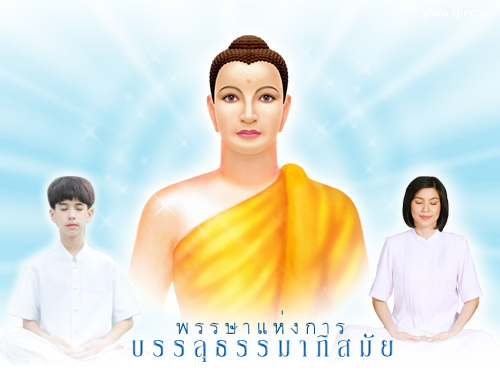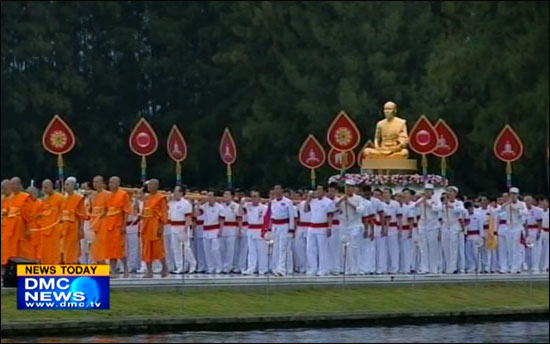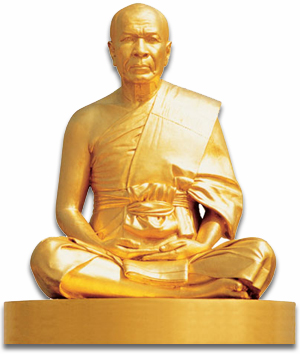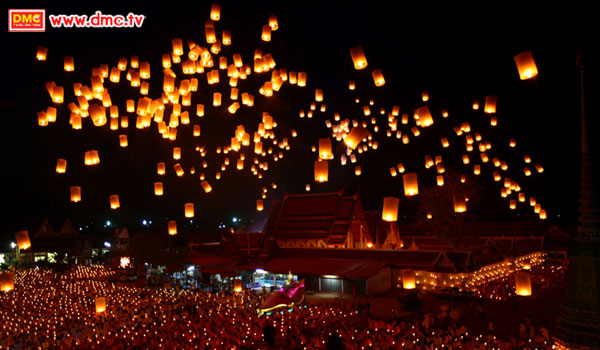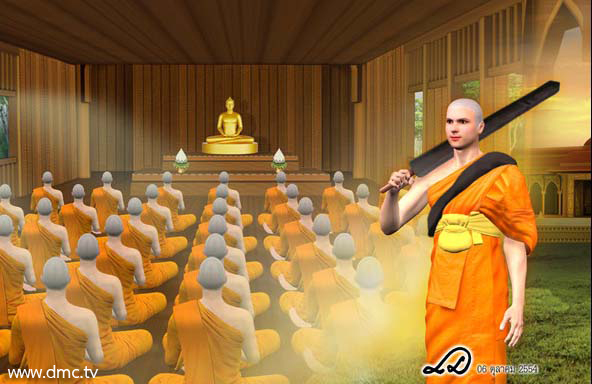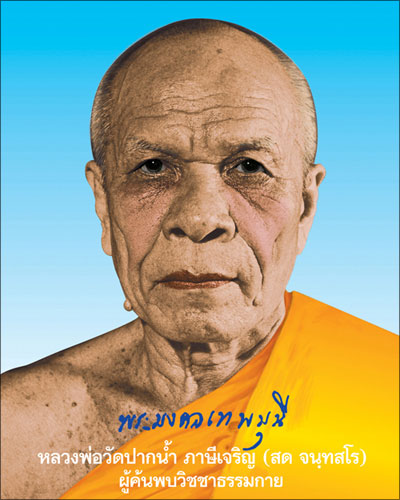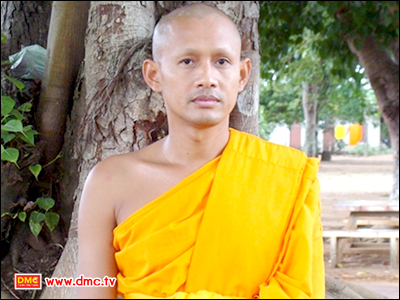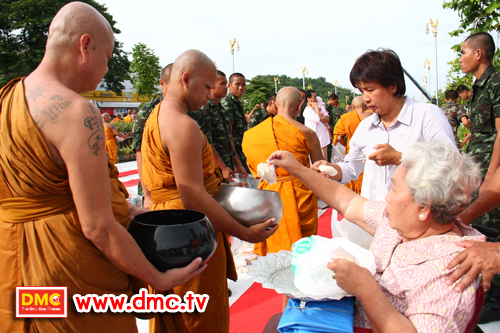The day of inviting to criticize
Edited from the Inner Dreams Kindergarten Program broadcasted via DMC
Edited from the Inner Dreams Kindergarten Program broadcasted via DMC
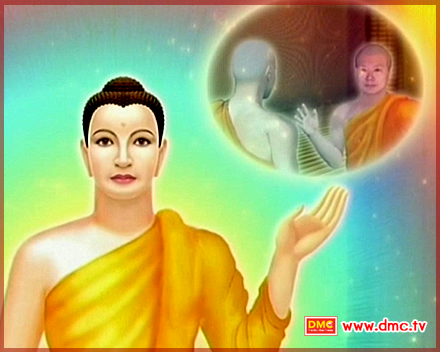
The history of the day of inviting to criticize on the final day of the Buddhist Lent is when the Lord Buddha was in the Buddhist Lent at Jetavana Maha Vihara in Savate City. There was a group of monks staying separately around the city. Those monks were afraid of conflict so that they stayed unhappy throughout the Buddhist Lent. Therefore, they made an agreement that they would not speak to one another for three months and they did it. When the final day of the Buddhist Lent arrived, those monks went to pay homage the Lord Buddha at Jetavana Maha Vihara and told this story. The Lord Buddha flawed them and gave the permission to monks to invite one another to criticize from three reasons – by seeing, by hearing, or by suspecting their flaws.
So the final day of the Buddhist Lent is also called the day of inviting to criticize. It is on the 15th full moon day of the 11th lunar month every year. They are the same day but not the same meaning.
The final day of the Buddhist Lent is the last day of the Buddhist Lent and all monks have to stay the last night to complete the Buddhist Lent.
The day of inviting criticize is the day for all monks, both senior and junior, opening a chance to one another to warn them with the kind mind. The speech of inviting criticize in Pali is
“Sanghambhante Pavāremi
Ditthena Vā Sutena Vā Parisaṃkāya Vā
Vadantu Maṃ Āyasamandto Anukampaṃ Upādāya
Pasasanto Pathikkarisasāmi”
Ditthena Vā Sutena Vā Parisaṃkāya Vā
Vadantu Maṃ Āyasamandto Anukampaṃ Upādāya
Pasasanto Pathikkarisasāmi”
The meaning is “The most venerable, I would like to invite you to warn me if you saw, heard, or suspect that I had done anything wrong. Please warn me. When I know it, I will improve myself.”
Staying together during the Buddhist Lent, the monks may do anything wrong unintentionally like the dust in their eyes. Even though the dust is close to the eye, they cannot see it. They must ask others to look for or use the mirror. Therefore, the Lord Buddha used this way for monks to warn one another. The senior monks can warn the junior ones and vice versa.
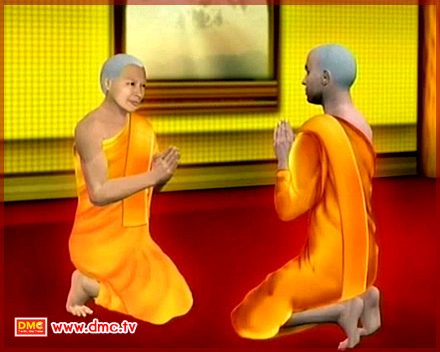
So the inviting to criticize also prevents a monk’s bad deed not to damage the most monks and Buddhism. Preventing is better than solving the bad situation. It also makes the monks not to be careless and let the bad thing happen.
The objectives of the inviting to criticize
1. To reduce the conflict from suspicion and remove it at last.
2. To lessen the effect from disputation while they are staying together and make a chance to understand one another.
3. To harmonize the monastic communities trustfully.
4. To be a methodology for create the equality of expression. They can warn one another without being afraid of rank, class, ordination year, and age.
5. To create the fraternity. They will have good wishes to one another which lead to have the nice and same desirable behaviors.
Fruits of the inviting to criticize
1. To purify the monks’ action, speech, and mind. It will reduce their suspicion and remove it at last.
2. All monks will know their flaws and improve themselves by being patient to the warnings. They have to open their mind to listen to the warners.
3. All monks will have a chance to apologize to one another for not holding grudge against the warners later. So they will love one another and live together happily.
4. It is the way to harmonize the monastic kingdom and support them to work for Buddhism as team.
5. It strengthens the monastic communities and makes it difficult for malicious people to damage the religion.
Therefore, the inviting to criticize has been established for the progress and benefits for the individual and whole monastic communities. The monks can warn one another by Dhamma.
When the day of inviting to criticize is arriving, we, all four Buddhist communities, should use this chance to do this nice custom by inviting our surroundings to warn us. When we know our flaws and improve ourselves, our perfection pursuing in the future will be purer and purer.
Translated by Chadawee Chaipooripat


